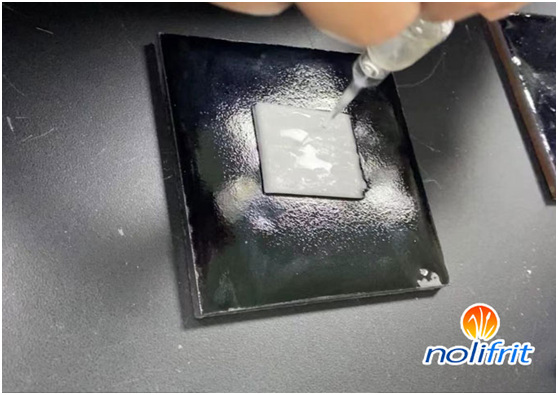Enamel Easy To Clean Test Method
Enamel easy-to-clean products are generally used in kitchen utensils, ovens (enamel liners) and other fields. These products have two characteristics. On the one hand, they need to be in contact with food for a long time, and oil stains, fruit juices (acidic substances), etc. cannot be avoided. On the other hand, they need to heat or keep food at high temperature. Traditional stainless steel products may cause oxidation under oil stains and deformation at high temperatures, while enamel materials can avoid this well, and enamel easy-clean products are more convenient for users to clean and maintain products, satisfying consumers' desire for beauty The pursuit of home life is more active on the stage of kitchen furniture.

When enamel factories use easy-to-clean enamels, they usually conduct relevant tests on samples. The following test methods can be referred to.
Enamel etc test: This test should be performed in sequence using three different chemical solvents on the same area of the enamel sample being tested. The area to be tested should be well cleaned and degreased before testing (the presence of oil may affect the test).
1. Citric acid test (C6H8O7, H2O)
Infringe the sample for the first time according to the specifications of the Italian standard UNI 5717 (or German DIN51150). Test samples called etc must be in "aa class", meaning that no signs of damage (surface changes of any kind - stains - fading etc.) remain on the test sample.
2. Lithium nitrate test (LiNO3)
The samples were subjected to solid crystallization at a temperature of 320°C +/- 5°C for 15 minutes. Like the previous potions, for a product to be called an ETC, any change (halo - discoloration) must be detectable in the test area
3. Tomato Sauce
Take a 20% tomato water solution and carbonize it in the test area for 30 minutes at a temperature of 320°C +/- 5°C. After the test sample has cooled, carbonized residues should be removed with an auxiliary abrasive sponge and dish cleaner and hot running water. After removing the tomato paste it is necessary to check for changes in the surface enamel (stains - halos).